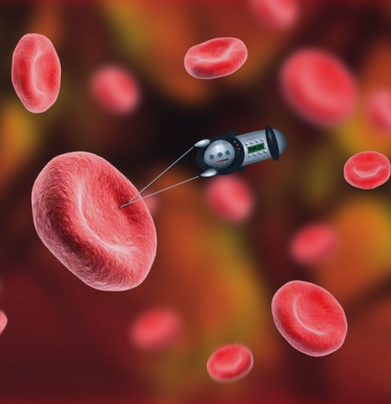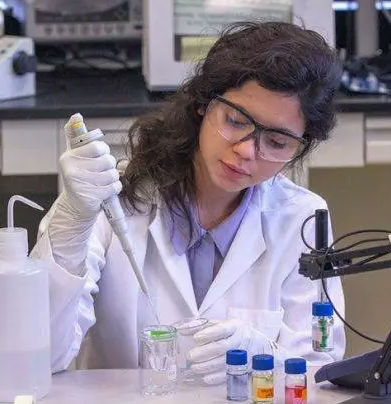NanoTechnology
According to the definitions provided by The Royal Society, The Royal Academy of Engineering, and the European Medicines Agency, nanoscience is the study of materials at a very small scale, while nanotechnology involves the design, production, and application of structures at the nanometre scale. Nanomedicine specifically refers to the use of nanotechnology in healthcare for the diagnosis, monitoring, and treatment of diseases. The nanomedicine market is expected to grow and reach a value of $528 billion by 2019.
Nanotechnology is an interdisciplinary field that involves the application of science and engineering principles to the design, fabrication, and manipulation of materials at the nanoscale. The unique properties exhibited by materials at the nanoscale make them promising candidates for a wide range of applications, including electronics, energy, and healthcare. In healthcare, nanomedicine has the potential to revolutionize the diagnosis, treatment, and prevention of diseases by enabling early and targeted delivery of therapeutics, as well as precise imaging and sensing. The global market for nanomedicine is expected to continue to grow rapidly in the coming years, driven by advances in technology and an increasing demand for personalized medicine. However, as with any emerging field, there are also potential risks and challenges associated with the development and use of nanotechnology in healthcare that must be carefully considered and addressed..












